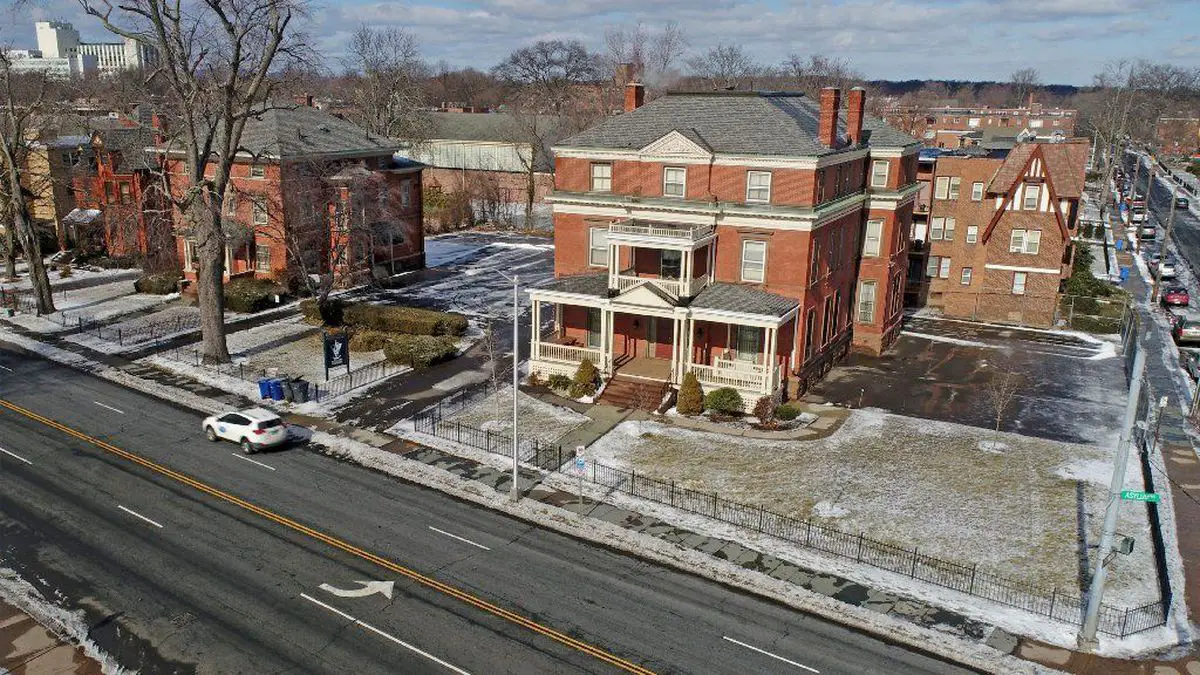Construction has started on a $10.7 million affordable housing project in Hartford’s Asylum Hill neighborhood. The project ran into protests by local residents two years ago when it was first announced.
The developer has been able to secure financing for the project which is expected to add 32 new affordable housing units to four separate historic properties at 1 Huntington St. and 852, 846, and 834 Asylum Ave. This according to a statement from Sharon L. Castelli, CEO of the Chrysalis Center Inc which is developing the project.
Construction commenced after the non-profit raised funding from various sources including State Historic Preservation Alliance, U.S. Department of Housing and Urban Development, Connecticut Housing Finance Authority, and the Department of Housing.
Named Clover Gardens, the affordable housing project will have studio and one-to-three bedroom rental units that will be priced between $999 and $1,900. The project mainly targets people in different income brackets. In addition, the affordable housing project will include eight units specifically for clients from Hartford nonprofit HARC, which offers services for individuals with intellectual disabilities.
Another fourteen units will be used by residents earning incomes up to $61,500 while another 10 units have been set aside for those earning between $65,000 and $85,000. The project is being constructed by Chrysalis Center Real Estate Corp, the real estate arm of Chrysalis.
In 2017, Chrysalis purchased the Asylum Avenue properties from the Jumoke Academy for $850,000.
Opposition against the project
When the project was first announced, there was a negative response from the residents who said the area already has enough affordable housing units. Hartford has the highest number of low-income housing units in the state. This has lately ignited a debate about the fairness of Connecticut’s housing policies.
Castelli says despite the opposition, the non-profit organization managed to secure funding to put up the project. She added that the residents’ concerns were captured in the final design with the inclusion of housing units for households earning higher salaries up to $85,000.
